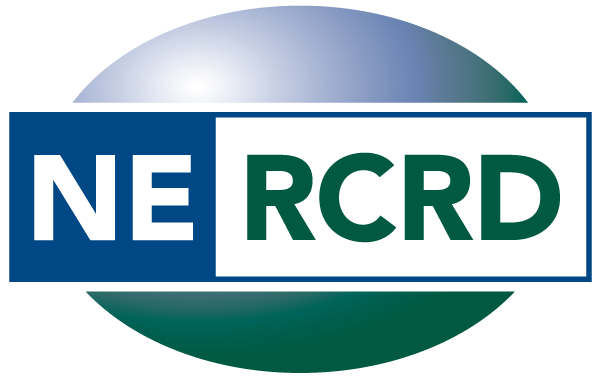The impact of external knowledge sourcing on innovation outcomes in rural and urban businesses in the U.S.
A summary of “The impact of external knowledge sourcing on innovation outcomes in rural and urban businesses in the U.S.,” by Kathryn R. Dotzel and Alessandra Faggian. Published in Growth and Change, 2019; 50: 515– 547. https://doi.org/10.1111/grow.12289. This brief was published on June 29, 2020.
Key Takeaways
- This study explored the relationship between innovation and knowledge management–the formation of structures that allow businesses to acquire and integrate new knowledge. The specific focus was on external knowledge sourcing–which outside sources firms target for information that supports the development of new and improved products and production processes.
- For both rural and urban businesses, sources of information characterized by strong ties and high degrees of trust (“primary” sources) had larger positive impacts on most considered innovation outcomes (compared to “secondary” sources).
- When primary knowledge sources were distinguished by industry orientation relative to the business, sources with knowledge bases outside of the business’s industry (“extra-industry” primary sources) had stronger positive relationships with the majority of considered innovation outcomes for rural businesses. Urban businesses, however, seemed to derive relatively equal benefits to innovation from relationships with their extra-industry and “intra-industry” primary sources–those with knowledge bases within the same industry.
Authors: Kristen Devlin and Stephan J. Goetz
Publication: NERCRD Innovation Issues Brief Series Date Published: June 29, 2020
